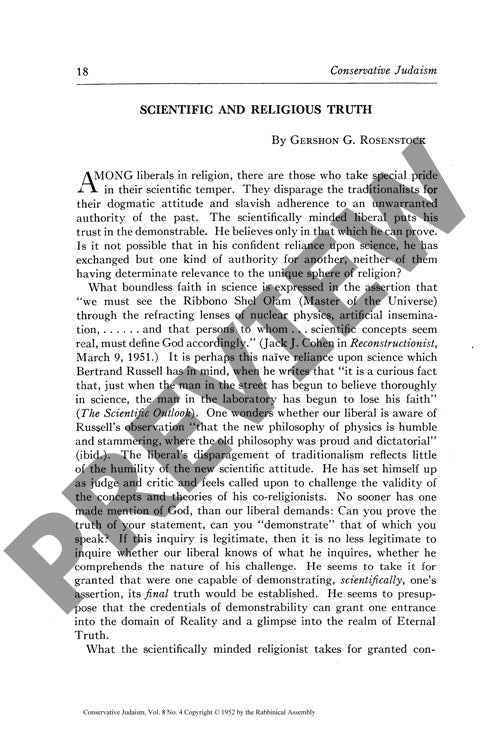Scientific and Religious Truth
Couldn't load pickup availability
Scientific truth and religious truth occupy fundamentally distinct domains of human understanding, yet liberal religious thinkers continue attempting to ground faith in scientific concepts. Such efforts reflect a misguided belief that science can answer metaphysical questions about ultimate reality. Through philosophical analysis of historical and contemporary sources, this investigation reveals how science itself has progressively retreated from claims about absolute truth - from Galileo and Newton through quantum theory and relativity - while religious inquiry addresses questions that lie beyond scientific methodology. Drawing on philosophers including Kant, Mach, Cassirer, and Whitehead, the analysis demonstrates how modern science explicitly constrains itself to describing observable phenomena and relationships rather than probing existence's essential nature. Critical examination of both scientific and religious thought shows that each realm employs unique methods and content: science measures and models empirical phenomena, while religion operates through interpretive symbols that inspire and illuminate ideal possibilities, values, and norms. These findings suggest that authentic religious philosophy must establish its independence from scientific frameworks and develop its own systematic approach to understanding human experience and ultimate reality.

More Information
-
Physical Description
-
Publication Information
Published 1952
ISBN
-
Publication Credits
Gershon Rosenstock

